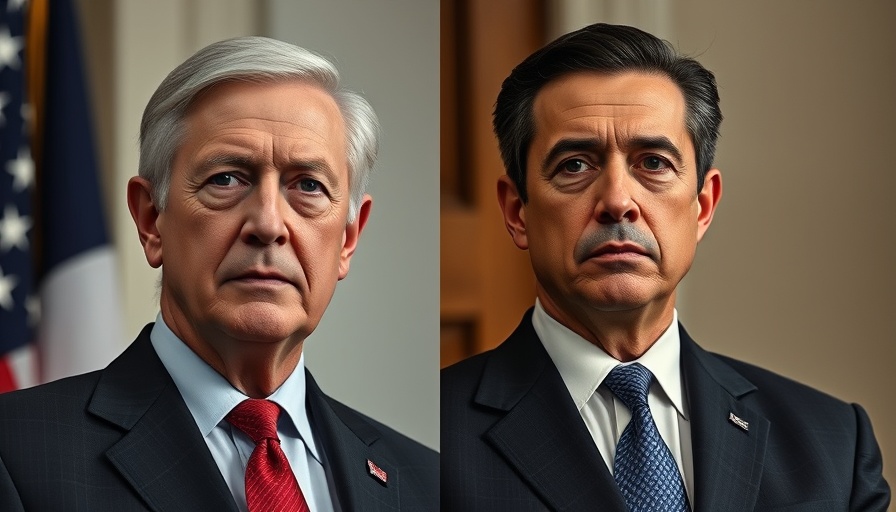
US-Iran Talks on the Brink of Collapse: What It Means for Global Peace
Recent discussions on the US-Iran nuclear deal are reportedly at a critical juncture, as informed sources from the White House express that the talks are expected to collapse once the Americans present their complete demands. This situation raises crucial questions about peace in the Middle East, affecting not only regional stability but also global diplomatic relationships.
A Complex History and Its Implications
Understanding the ongoing negotiations requires some historical context. The US and Iran have a fraught history that dates back to the 1979 Iranian Revolution. Since then, efforts to establish diplomatic ties have faced numerous obstacles, including Iran's nuclear program, which many fear could lead to the development of nuclear weapons. This backdrop sets the stage for analyzing current talks.
The Human Cost of Diplomatic Struggles
For many Christians and social justice advocates, the potential dissolution of these talks is more than just a political issue; it affects human lives directly. The ongoing tension places not only Iranian citizens but also religious minorities, including Christians in Iran, at risk. Collapsing negotiations could further exacerbate their difficulties, making it essential to consider the human implications of these geopolitical maneuvers.
Bridging Gaps: Why Diplomacy Matters
Successful negotiations could lead to a more stable environment, benefiting various communities, including those striving for peace and justice in the region. On the other hand, if these talks fail, the cycle of mistrust and aggression could persist, impacting humanitarian work and interfaith relations adversely.
Future Predictions: What’s Next?
Experts suggest that should the negotiations collapse, it may trigger further escalation in military readiness on both sides. The implications of this could be widespread, instigating not only regional but global unrest. It's crucial for policy advocates and humanitarian organizations to stay informed and possibly take action to support peaceful dialogue.
Moving Forward: The Role of Faith Communities
The situation’s ramifications highlight the need for faith communities to engage actively. By fostering conversations that bridge divides, promoting peace initiatives, and supporting those affected by conflict, Christians can play a vital role in shaping a positive outcome. Informed intercession, advocacy, and humanitarian assistance are crucial.
As the stakes rise, let us remain vigilant in our prayers and advocacy efforts, leaning into our faith to support justice and peace in our communities and beyond.
 Add Row
Add Row  Add
Add 








Write A Comment